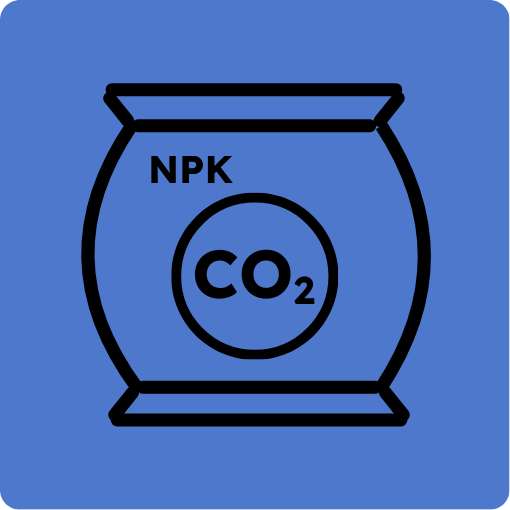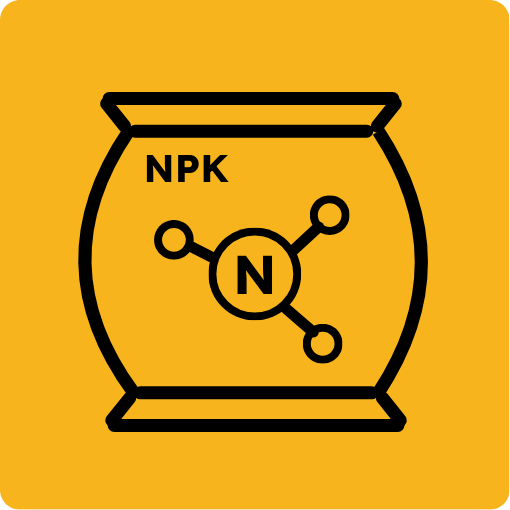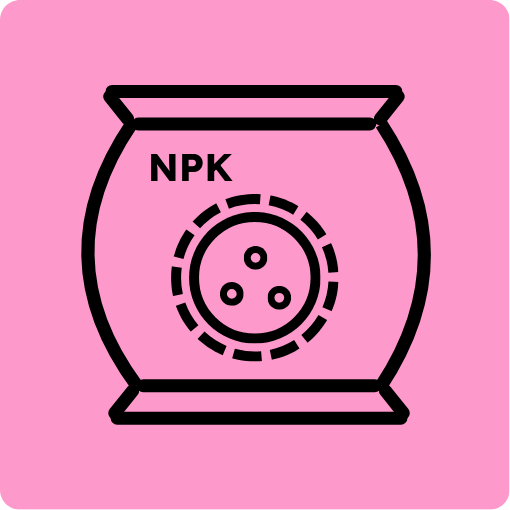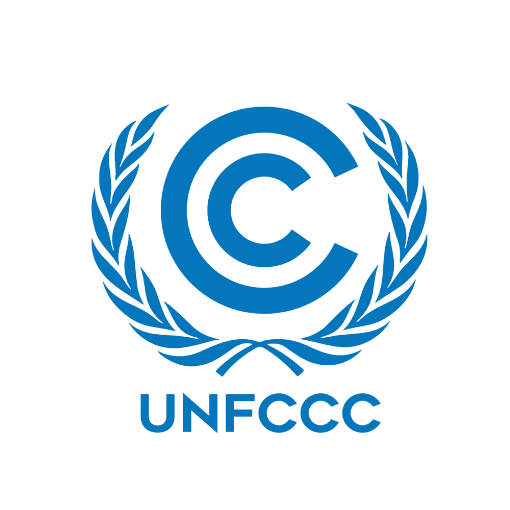Proba methodologies
Proba offers science-based methodologies to quantify, monitor, and verify GHG reductions in agri-food supply chains. They provide a compliant foundation for carbon projects, ensuring results can be used in credible Scope 3 claims under frameworks like the GHG Protocol and SBTi.
Below you’ll find both approved and under-review methodologies. Reach out if you’d like to explore how they could support your project.
Let us know if you have questions or contact us if you want to start a carbon project. You can contact us here or send an email to hello@proba.earth.
Approved methodologies
Adoption of nitrogen stabilizers to transition to low-carbon agriculture
.png?width=80&height=77&name=Methodology%20design%20(2).png)
Use of short rotation foresty of Paulownia trees
PM.0001
You've got loads of style options to make this card as fancy as you like.
Methodologies under review
Use of waste recovery to transition to a circular economy
.png?width=65&height=59&name=Methodology%20design%20(4).png)
You've got loads of style options to make this card as fancy as you like.
Adoption of low-carbon fertilizers to transition to low-carbon agriculture

You've got loads of style options to make this card as fancy as you like.
Adoption of controlled-released fertilizers to transition to low-carbon agriculture
.png?width=65&height=63&name=Methodology%20design%20(1).png)
You've got loads of style options to make this card as fancy as you like.
Use of low-carbon building materials to transition to low-carbon construction
You've got loads of style options to make this card as fancy as you like.
Approved fertilizer related methodologies

This methodology quantifies greenhouse gas reductions by adopting low-emission fertilizer technologies, which improve production efficiency and lower cradle-to-gate emissions compared to conventional fertilizers.

This methodology quantifies greenhouse gas reductions by adopting nitrogen stabilizers, which slow nitrogen transformations in soil, improving nutrient efficiency and reducing direct and indirect nitrous oxide emissions.

This methodology quantifies greenhouse gas reductions by adopting controlled-release fertilizers, which release nutrients gradually, improving nitrogen uptake and lowering nitrous oxide emissions.
Other approved methodologies

This methodology quantifies greenhouse gas reductions by cultivating fast-growing paulownia trees in short rotations, which capture carbon through rapid biomass growth and store it in durable wood products.

This methodology quantifies greenhouse gas reductions by using low-carbon building materials, which replace carbon-intensive options like cement and steel with alternatives that have a smaller production footprint.

This is a Proba-approved methodology adapted from the UNFCCC Clean Development Mechanism (CDM), approved for use on fuel consumption rather than production.
Methodologies under review

This methodology quantifies greenhouse gas reductions by using waste recovery, which diverts organic and industrial byproducts into new uses, reducing emissions from disposal and displacing virgin materials.
PM.0004 Adoption of nitrogen stabilizers to transition to low-carbon agriculture
PM.0001 Short Rotation Paulownia Tree Cultivation
CDM AMS-III.AK.: Biodiesel production and use for transport applications - Version 3.0
This is a Proba-approved methodology adapted from the UNFCCC Clean Development Mechanism (CDM), approved for use on fuel consumption rather than production.
PM.0005 Adoption of controlled-release fertilizers to transition to low-carbon agriculture
Consultation period: Closed.
PM.0006 Use of waste recovery to transition to a circular economy
Consultation period: Closed.
PM.0002 Adoption of low-carbon fertilizers to transition to low-carbon agriculture
Consultation period: Closed.
PM.0003 Use of low-carbon building materials to transition to low-carbon construction
Consultation period: Closed.
More coming soon...

.png?width=65&height=82&name=Methodology%20design%20(3).png)